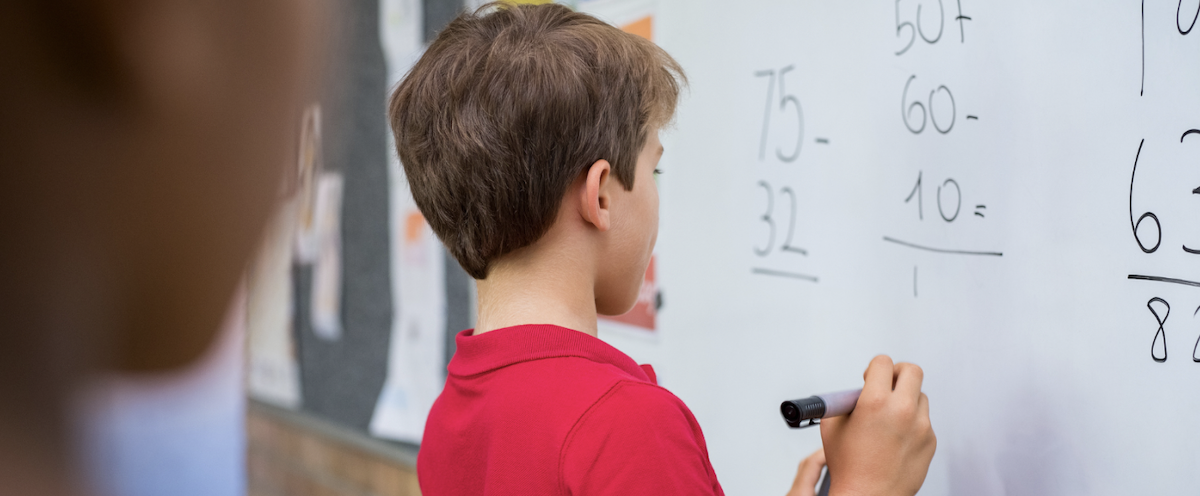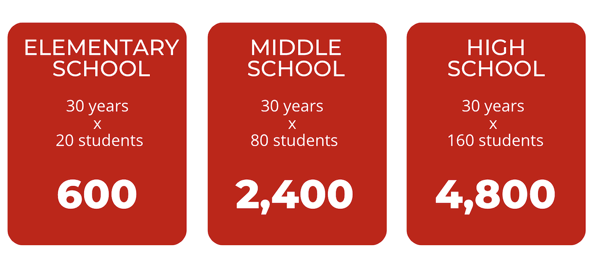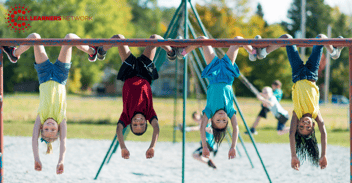
Perseverance and Growth Mindset
No matter how many years of experience we’ve logged as educators, we all have to put in the work at the beginning of a new school year to build our classroom culture. This always starts with student relationships.
Each year, we start fresh, teaching the new group of students in front of us what it means to be a part of our classroom and learning community. We teach through our actions. Everything we do and say in our classrooms at the start of the school year will help to build a learning environment where students believe that it is the norm to struggle and get stuck.
So at the beginning of every school year, we put in the hard work of learning and understanding the unique strengths and weaknesses of each individual child. We regulate our own emotions so we can help co-regulate theirs. We put in the hard work to build a relationship with every student that enters our learning space. Every single one.
Here’s some math to help quantify the amount of work an educator puts into building relationships with students across their career.
We put in the work to build relationships with every child because we believe ALL means ALL.
I was recently talking to a teacher going into her third year of teaching about what she wanted to do better in the upcoming school year. “I want to make sure that all my students know I like them for who they are,” she replied.
At this point in her career, she knew that her relationships with her students were a crucial element of her classroom culture. She knew that she needed to see her students as the amazing humans that they each are. In only her third year, this teacher was on the right track. But she still didn’t have it quite right. She was focusing on building relationships with students based on how they feel. But when we approach building relationships with our students based on the students’ feelings, we will end up failing in our big goal of growing our students’ thinking and problem solving skills.
I responded to her, “You should strive for a relationship with your students that communicates to them that you believe in them instead.” Growing our students’ thinking and problem-solving skills will always involve struggle and sometimes discomfort. We must prioritize relationships with students that help them maximize their growth and potential. We must build student relationships based on our belief in their abilities to learn and grow.
Building a classroom culture where every student can learn and grow starts with student relationships. But these relationships are not friendships. They are also not about power or control. For me, the student relationships that we build each year are more like the relationship between a coach and an athlete.
I know that I am going to ask my students to engage in struggle and challenge across this school year. I know that I am going to make them uncomfortable at times when they are stuck. I’m going to ask them to work hard on growing both individually and in their teamwork with their classmates. I’m going to hold them accountable to thinking deeply and learning from their mistakes. I’m going to ask them to learn from each other more than they learn from me.
So I need to build relationships with my students that communicate to them that I believe in them. Because I need to be able to ask my students to engage in a growth mindset every time they confront new challenges. I need to be able to ask my students to persevere through problem-solving that is designed to get them stuck as part of their learning experience.
Because my classroom will require perseverance and a growth mindset, I happily put in the work to get to know the uniqueness of each one of my students. By putting in the work each new school year to have a strong relationship with each of my students, I am able to better honor and celebrate the diversity of thinking and problem solving skills that each student will contribute to our shared learning environment this school year!
We do the work because we know what an honor and a privilege it is to witness their growth!




